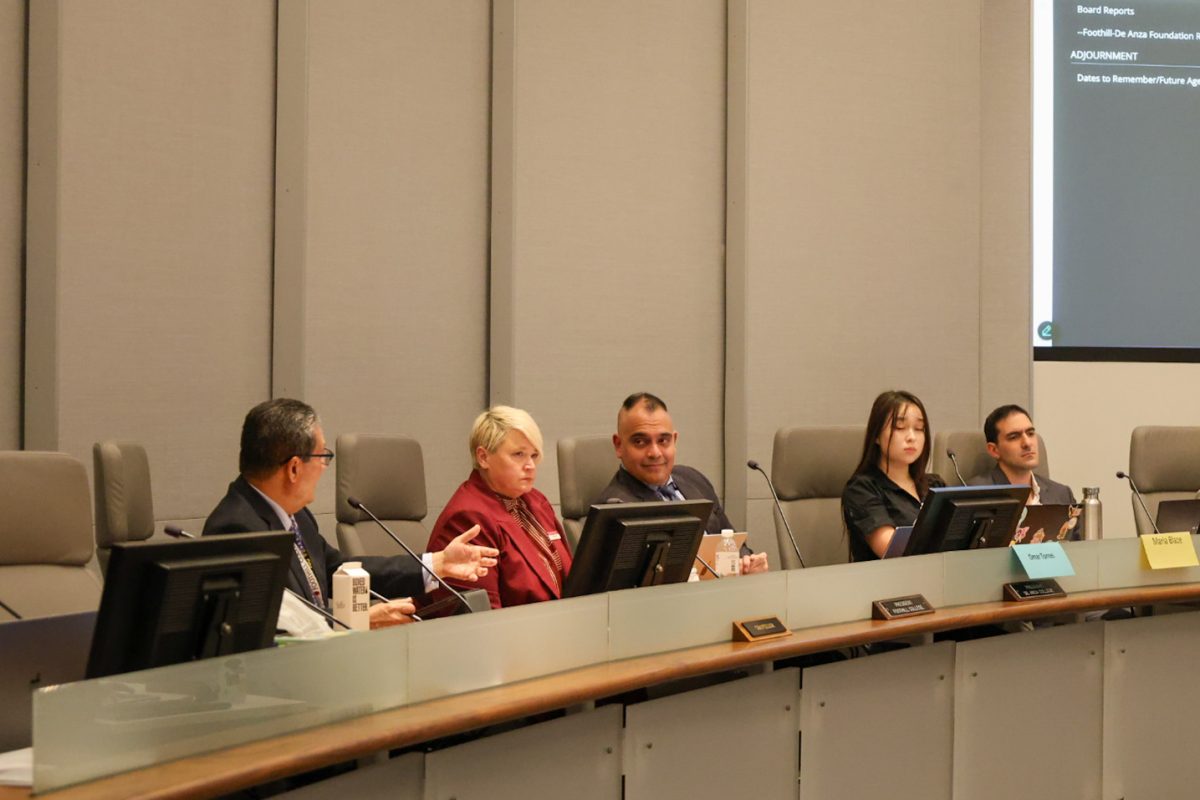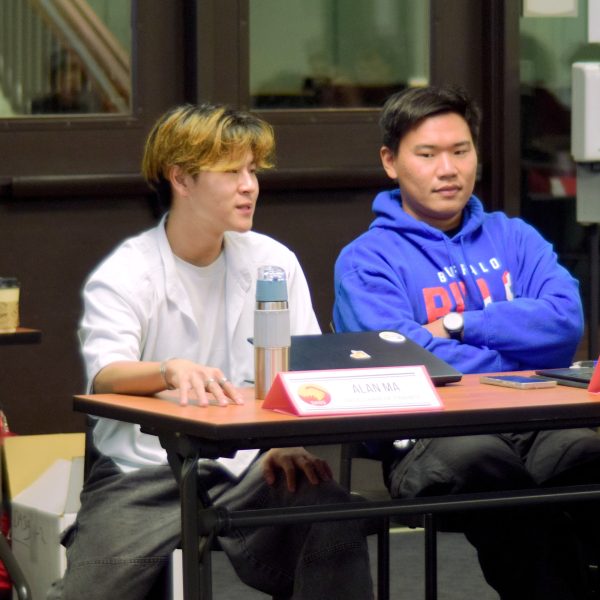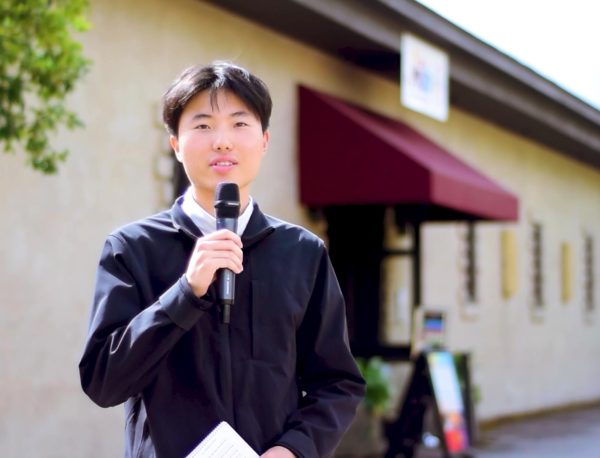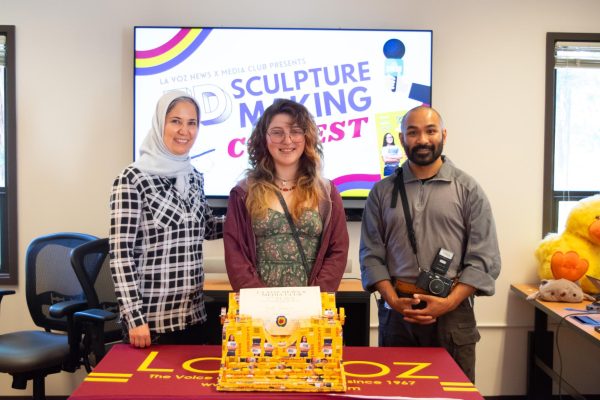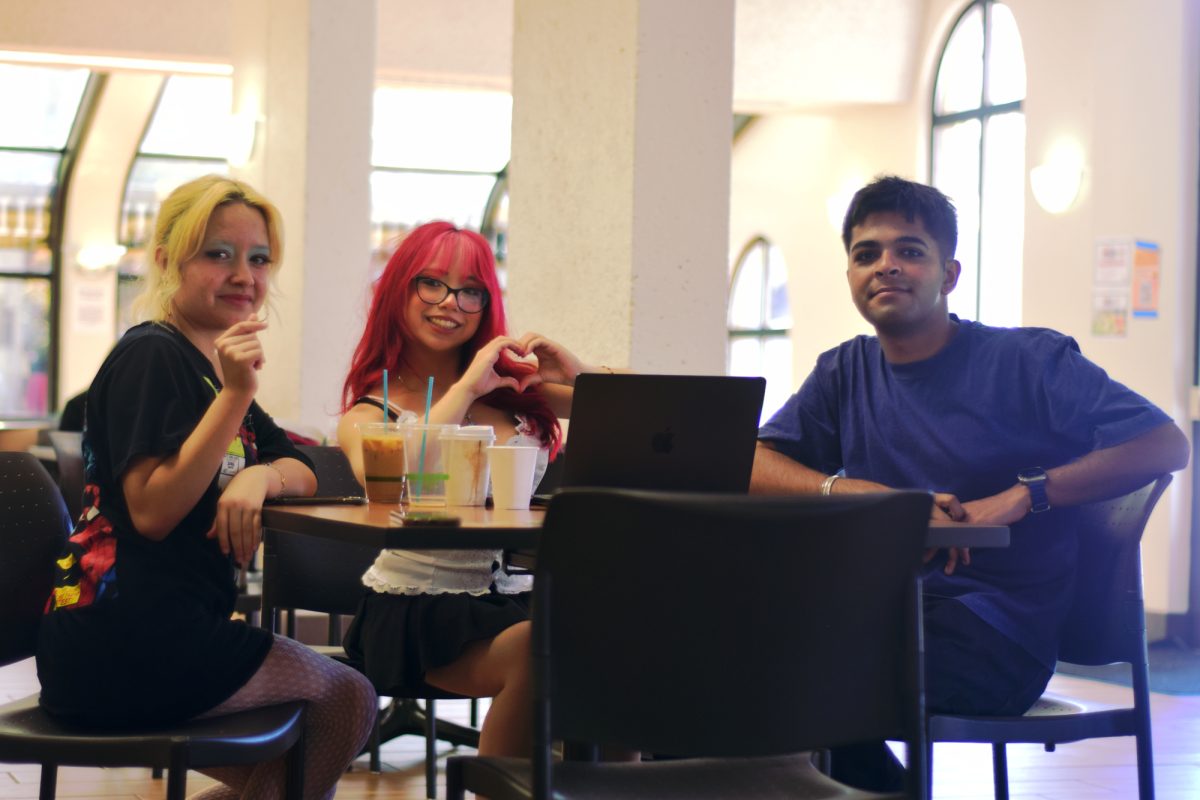Gender-Neutral Bathrooms
De Anza College installs three on campus
September 22, 2014
De Anza College added three single occupancy gender-neutral bathrooms to the campus this past summer. The gender-neutral bathrooms should provide a safe and discrimnation free bathroom for people who are not comfortable using
single-sex bathrooms.
“The council undertook this effort because there were individuals in the De Anza community that, for numerous reasons, felt uncomfortable with gender-specific bathrooms,” said Julie Lewis, intercultural/international studies division instructor and department chair of African-American Studies. “Gender-specific bathrooms can be limiting to parents with young children, people that prefer some privacy when using the restroom and people that may be harassed because of the restroom they
go into.
“It is very important that the campus community understands that the additions of the gender neutral bathrooms are about ensuring every member of the
De Anza community feels safe and supported,” said Lewis.
She said the most important reason for these bathrooms is to help each person in this community feels welcome at De Anza. She said this addition is just a small step towards meeting
that goal.
“It is our hope that we will have more gender-neutral bathrooms in the future and will continue to advocate and educate on this topic across our campus community,” said Veronica Neal, Director of the Office of Equity. “This is not just a transgender or LGBAQQI issue or concern, but a human rights concern. We want all people, and all bodies, to feel safe and included. It is important that we all continue to support a larger social discourse on safety, inclusion and equity for all.”
Along with instructors and administrators, De Anza students, including members of the Rainbow Club, support the latest additions around campus.
“Gender neutral bathrooms are much needed on campus to provide spaces for trans and
non-binary individuals to go where they feel more comfortable,” said Chris Gilpatrick, 24, communication studies major.
“I don’t think many people realize that those individuals often times have to wait to go home to use the facilities. An act that seems easy to cisgendered people can be an exercise in stress for others.”









